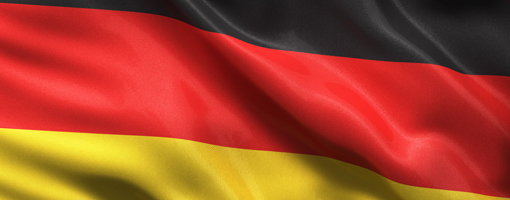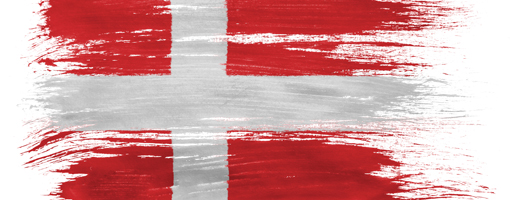The German pension fund MetallRente has said it is embarking on a new strategy to seek out revenue.
The firm’s managing director, Hansjoerg Muellerleile, told the German news website Top 1,000 Funds that MetallRente was launching a new €8bn insurance portfolio that includes an equity offering. This new allocation, he said, was to be outsourced to Allianz Global Investors, which will be the sole asset manager for the portfolio.
The firm reportedly waited to launch its insurance/equity model because it felt it could gain more benefits from being a follower of the rest of the industry rather than a leader.
Muellerleile told Top 1,000 Funds: “We learnt two things from waiting. We gained insights into how the market was developing around us, and we grew confident that our customers would want the product because of its low cost and simplicity.”
The new product offers global, passive, equity exposure of between thirty and forty-five per cent, a ratio that is automatically scaled according to a beneficiary’s age. Meanwhile, scaling up equity risk involves lowering the insurance-based guarantee from one hundred to eighty per cent.
All this comes a few weeks after the firm said it had seen an increase of just over one million contracts for funded retirement provision in 2023 or 2.8 per cent of the total. The portfolio of MetallRente contracts for company pension schemes increased by 4.2 per cent in 2023.
In addition, MetallRente was able to further expand its distribution in the metal and electrical industry and the associated sectors, including steel, textiles and clothing, IT, wood, and plastics. In 2023, 8,265 customer companies had a new registration with MetallRente for the first time.
This was, it said, a significant increase in customers compared to 2022.
The firm’s website says it is Germany’s largest pension fund with more than a million insured people. It was founded around twenty years ago after the collective bargaining agreement Gesamtmetall and IG Metall for companies and employees in the metal and electrical industry. However, it now represents many sectors of the economy.
Latest News
-
No mention of pensions adequacy review in UK Mansion House speech
-
Ukraine plans pension reform amid demographic and war challenges
-
Individual Spanish pension plan assets rise by €142m in H1 - VDOS
-
Pensions Age Awards 2026 open for entries
-
WTW takes on responsibility for Traton SE pension investments
-
Norway's KLP calls for alignment on net zero
Podcast: Stepping up to the challenge

In the latest European Pensions podcast, Natalie Tuck talks to PensionsEurope chair, Jerry Moriarty, about his new role and the European pension policy agenda
Podcast: The benefits of private equity in pension fund portfolios

The outbreak of the Covid-19 pandemic, in which stock markets have seen increased volatility, combined with global low interest rates has led to alternative asset classes rising in popularity. Private equity is one of the top runners in this category, and for good reason.
In this podcast, Munich Private Equity Partners Managing Director, Christopher Bär, chats to European Pensions Editor, Natalie Tuck, about the benefits private equity investments can bring to pension fund portfolios and the best approach to take.
In this podcast, Munich Private Equity Partners Managing Director, Christopher Bär, chats to European Pensions Editor, Natalie Tuck, about the benefits private equity investments can bring to pension fund portfolios and the best approach to take.
Mitigating risk
BNP Paribas Asset Management’s head of pension solutions, Julien Halfon, discusses equity hedging with Laura Blows
© 2019 Perspective Publishing Privacy & Cookies









Recent Stories